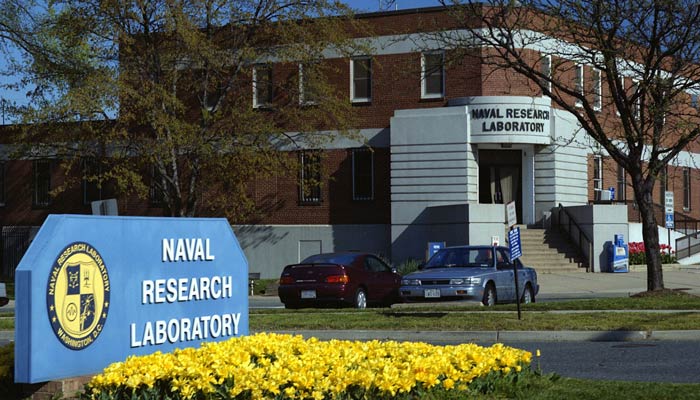The Naval Research Laboratory (NRL) is seeking partners to advance technology developed for in vitro diagnostic devices that are amenable to military hardening and integration with communication capabilities to support the medical diagnostic and epidemiological detection and biosurveillance needs of the US military and specifically for field deployment.
Proposals for both genomic and immuno-analysis technologies are sought under this Multiechelon Diagnostics (MEDx) Technology Development and Tiered Evaluation Broad Agency Announcement (BAA) topic. Devices must be a low-complexity diagnostic device usable by personnel following minimal training. A total sample to answer timeframe of one hour or less is preferred. The final technology package should be for use in field forward, often austere environments with limited resources.
Important assumptions for these environments include that they have no surgical and limited patient holding capability, are manned by a Physician, Physician Assistant (PA), or Medic, with the mission of providing triage, and treatment to return military personnel to duty, or stabilizing them for evacuation to the next level care facility. The device must have communications ability or can be easily integrated with a communication capability.
Genomic Analysis Platforms
NRL seeks to advance devices capable of detecting specific nucleic acid targets and/or examining molecular sequences at clinically relevant concentrations in complex clinical sample matrices, to include whole blood, serum/plasma, urine, and nasal swabs.
Analysis should be multiplexed (minimum of four; preferred more than 5, including internal positive controls. Sample controls and negative template controls are also encouraged to provide a syndromic approach to disease identification; including sub-typing for diseases as appropriate (e.g., dengue virus serotypes 1, 2, 3, and 4, phylogenetic differentiation of Ebola strains).
High Performance Non-Nucleic Acid Analysis Platforms
Devices capable of identification of affinity ligand binding antigen capture (e.g., immunoassay target platforms that promote identification of the causative agent of illness are sought.
Analysis should be multiplexed (minimum of three, preferred more than 4) to provide a syndromic approach to disease identification; including sub-classification for diseases as appropriate. Assays for immunological targets that indicate acute infections are preferred, particularly for deployment in endemic areas.
It is not required that the device is handheld, but the physical parameters of weight and footprint will be evaluated. The Devices and Assays should be designed to diagnosis diseases whose origin is an infectious agent, pathogen, or toxin (organized as panels by syndromic presentation or pathogen class), and/or biomarkers of exposure to said agents. Analytes of interest include both pathogen and host-related exposure class-differential diagnostic markers.
The ability to differentiate between pathogens that cause non-specific febrile systemic disease that needs to be differentially ruled in (and preferably ruled out) such as Malaria (specifically P. falciparum), Arboviral diseases (e.g. dengue, chikungunya, etc.), Typhoid, Arenaviral diseases, Rickettsial diseases, Viral hemorrhagic fevers (specifically Lassa fever and Ebola), Plague, Tularemia (Francisella tularensis), and melioidosis (Burkholderia pseudomallei) is desirable.
The government is also highly interested in capabilities for the rapid analysis of Antimicrobial/Multi-drug resistance (AMR/MDR) sensitivity.
NRL will work cooperatively with the Offeror to test and verify performance of the devices and to assist in the integration of the diagnostic devices with communication and device hardening for Echelon 1 application.
It is anticipated that the MEDx program will provide up to two years of funding for research and development through competitive prototyping.
Additional details are available via Funding Opportunity Number: N00173-18-S-BA01. This BAA is estimated to remain open until May 10, 2019 (approximately one year from the date of publication), or until replaced by a successor BAA.



